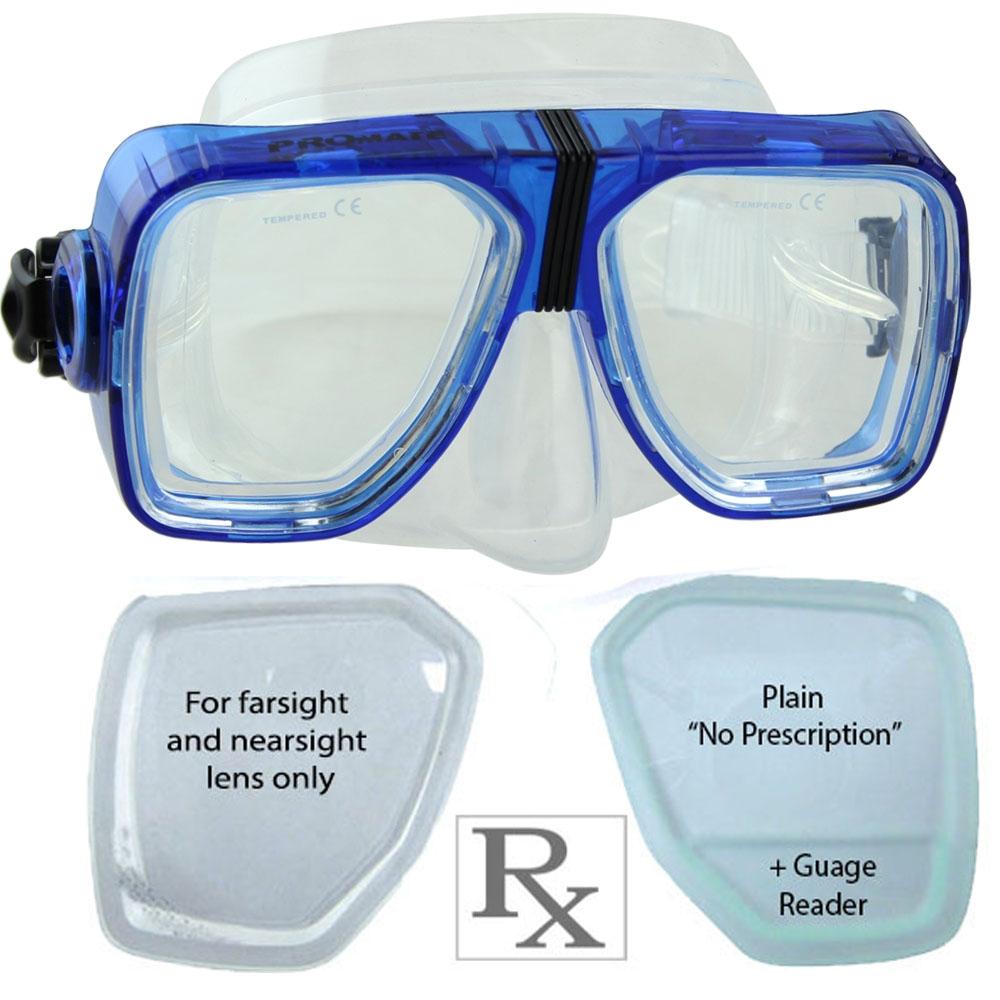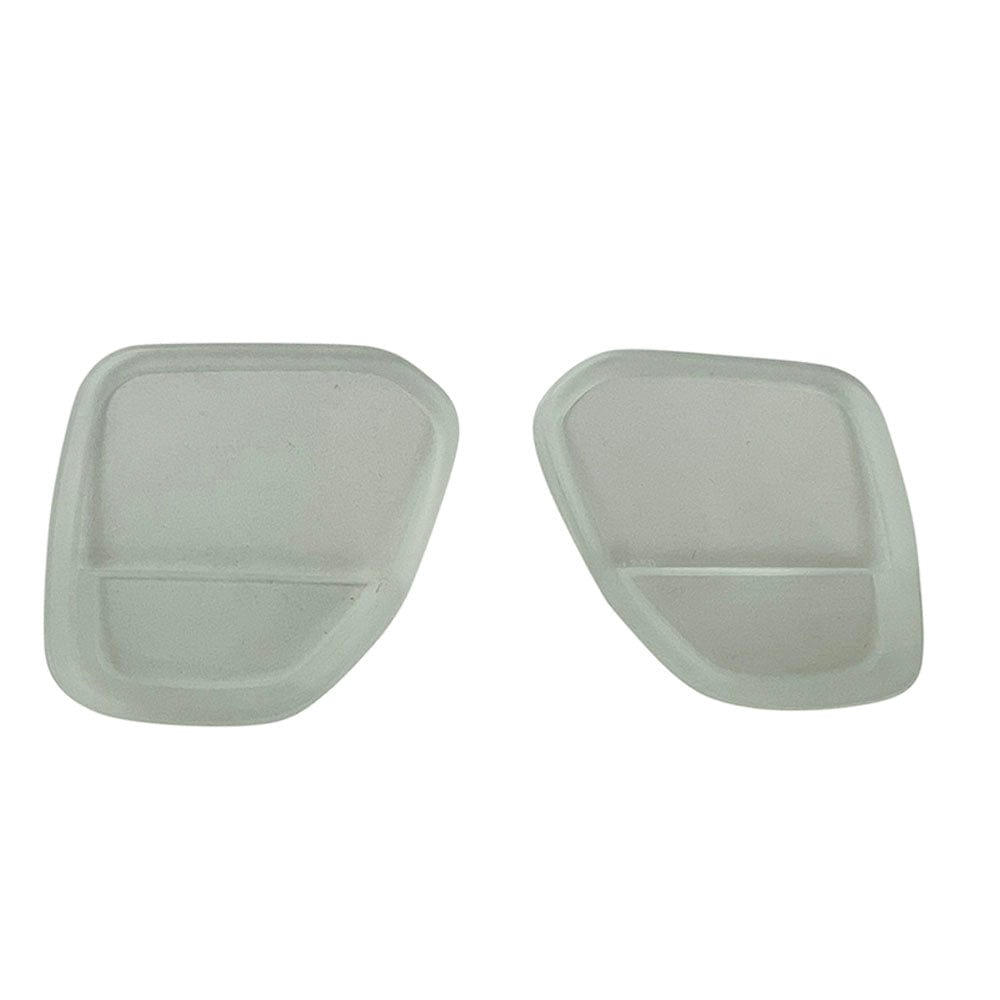CG43
Contributor
Lenses both sides in the water !!!
DiveVue - Mount glasses to your dive mask.
In the page you can read :
When selecting cheap reading glasses, we suggest selecting glasses with a magnification 0.5 less to equal your existing reading glasses (i.e., +2.0 down to a +1.5 magnification) .
That is wrong !
Air has an refraction index about 1,000 :
water about 1,33 : and cheap glas about 1,5 .
The difference between glas and water is much less then between glas and
air .Therefore, the glasses (the visual aid) lose most of their optical refractive power. A pair of glasses for + 2 diopters in water is probably not to buy.
The lenses would have a short focal length , would be thick for a sufficient field of view , and will have a lot of optical errors .
Or you can take two lenses with air in between. But this glases must then be pressure-resistant.
For deep freediving competition , however, there are contact lenses with very high diopters whose curved front is in the water.
DiveVue - Mount glasses to your dive mask.
In the page you can read :
When selecting cheap reading glasses, we suggest selecting glasses with a magnification 0.5 less to equal your existing reading glasses (i.e., +2.0 down to a +1.5 magnification) .
That is wrong !
Air has an refraction index about 1,000 :
water about 1,33 : and cheap glas about 1,5 .
The difference between glas and water is much less then between glas and
air .Therefore, the glasses (the visual aid) lose most of their optical refractive power. A pair of glasses for + 2 diopters in water is probably not to buy.
The lenses would have a short focal length , would be thick for a sufficient field of view , and will have a lot of optical errors .
Or you can take two lenses with air in between. But this glases must then be pressure-resistant.
For deep freediving competition , however, there are contact lenses with very high diopters whose curved front is in the water.








